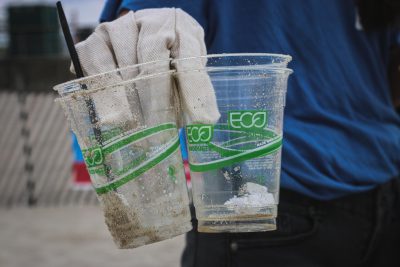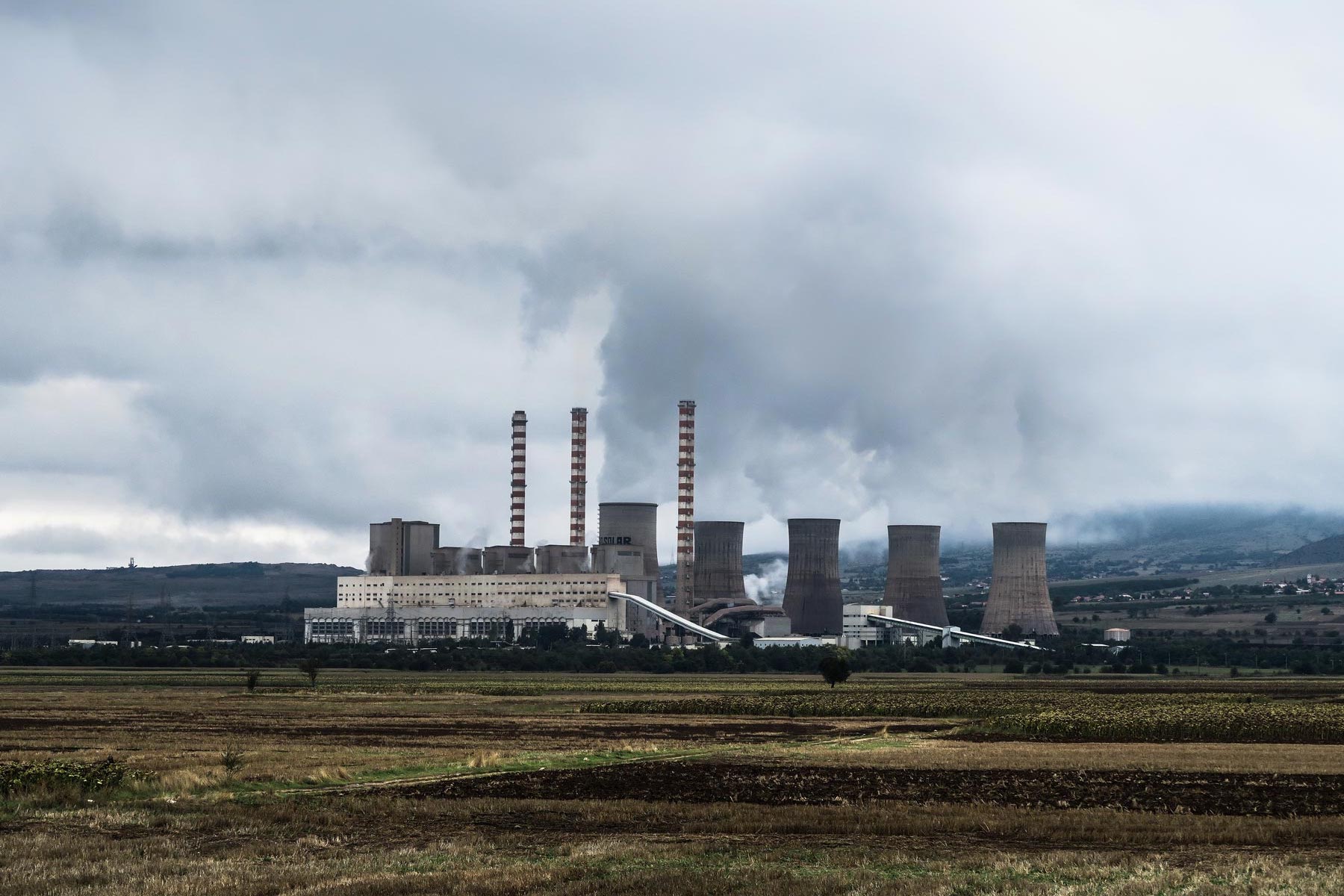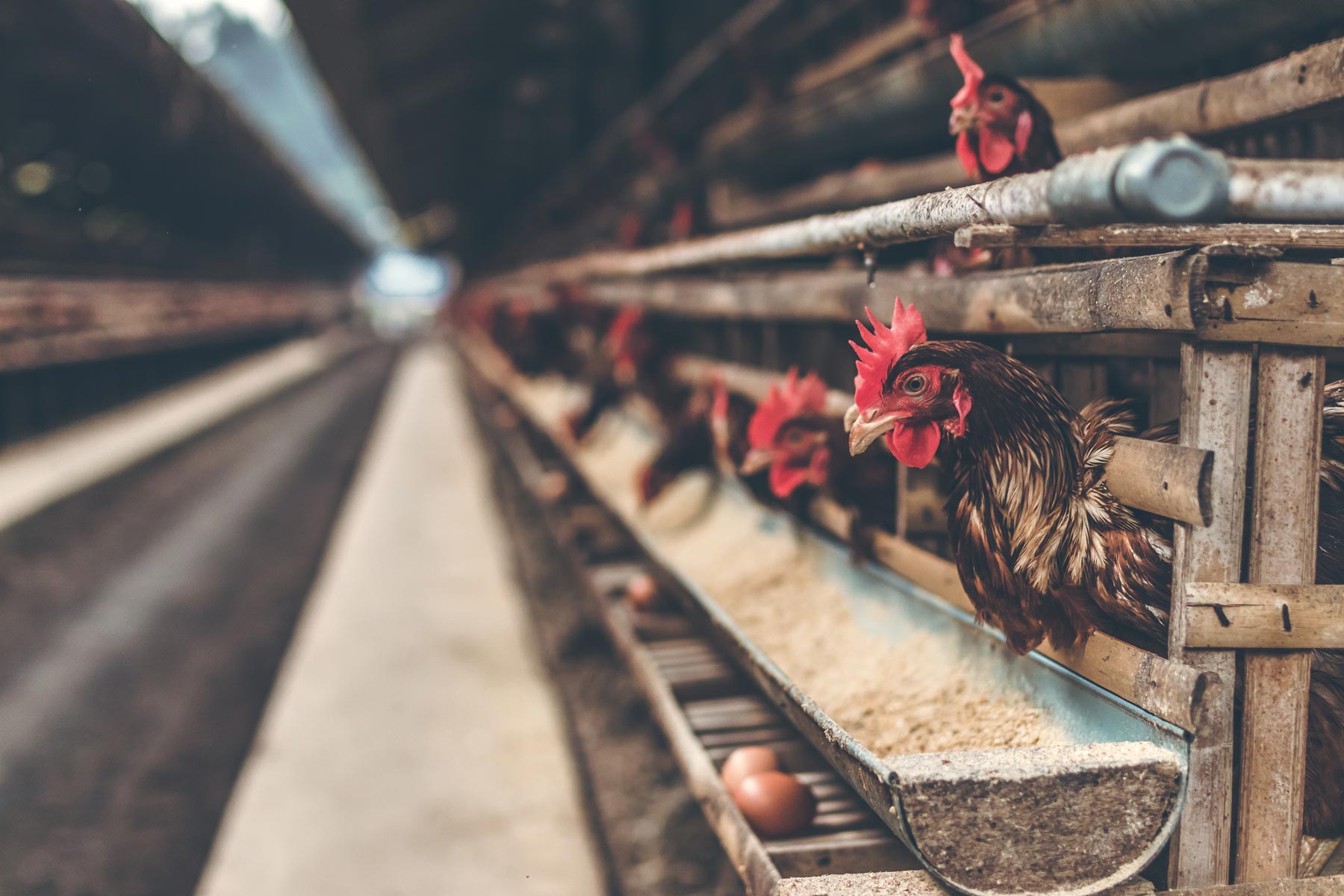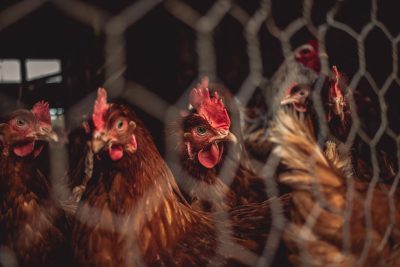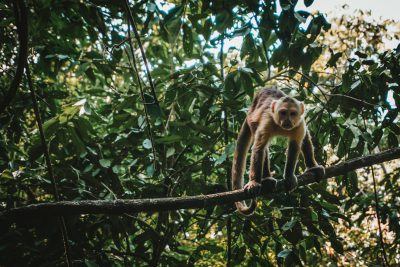Using social, environmental, and political movements to sell products is common under capitalism. How many times in recent years have you heard a company say they are ‘going green,’ ‘improving welfare,’ or ‘investing in a sustainable future’ when in reality, there is little or no evidence to suggest they are doing anything positive? For the companies and consumers trying to do the right thing, it can be demoralizing, confusing and very frustrating.
Such deceptive tactics occur in most industries but are seen frequently in the meat, egg, and dairy industries. With mounting filmed evidence of suffering and abuse inside animal farms, along with evidence of this industry’s role in climate breakdown and environmental degradation, it’s little wonder that the industry works to obfuscate, hide, and deny the truth, and reassure consumers so that they keep buying.
Terms like ‘free range’, ‘farm assured’ and ‘humane slaughter’’ are all commonly used to dress up practices that are unimaginably far from anything ethical. And in most cases the evidence is clear as day; you just have to look.
There are countless examples of this, but let’s focus on one clear example of greenwashing. When KFC released a film showcasing the high welfare standards on its flagship chicken farm, they did not expect our friends at VFC to track down that same farm and film what the birds on that farm endure when they think no one is looking. It’s a fascinating watch.
What Is Greenwashing?
Greenwashing involves making unsubstantiated claims about environmental, ethical, or social sustainability to help sell a product or service. This can take many forms:
- Hidden trade-offs – when a company makes positive environmental claims, just to distract from its much larger negative actions that outweigh any positives
- Lack of proof – when a company lacks sufficient or provable data to back up its claims
- Too vague – when a company makes claims that are too broad or vague for the public to understand
- Irrelevance – claims that are designed to sound good but are completely irrelevant to the current landscape
What Is the Difference Between Green Marketing and Greenwashing?
Green marketing is using sustainability or ethics to help sell products or services, which in itself is not a problem, as long as those products and services stay true to their claims. It only becomes greenwashing when those claims are exaggerated, misleading, or untrue.
However, it’s worth saying that any company that breeds animals only to slaughter them, while causing significant environmental harm cannot legitimately rely on ethics or sustainability as marketing tools. Whatever they say about ‘free range’ (most animals are still closely confined), ‘humane slaughter’ (how can taking the life of another being be considered humane?), or ‘grass fed’ (when many of these animals have never seen grass) should not be trusted. If the meat industry’s marketing that was bound to the truth, their labels would read:
‘Product may destroy the natural environment, cause unnecessary suffering, and contribute to antibiotic-resistant pathogens, pandemics, pollution, poorer health outcomes for Black Americans, displacement of Indigenous peoples, and global malnutrition.’
Would we still buy this product in good conscience?
What Is the Difference Between Greenscamming and Greenwashing?
These are similar concepts, but green scamming specifically involves companies adopting environmentally friendly or ethical names when their agendas have little to do with these aims. One example could be ‘The Happy Egg Company’ when unprofitable male chicks are gassed or ground up alive, and the hens are sent to slaughter when they are no longer optimally profitable. This is the reality of the egg industry.
How Greenwashing Works
Most commonly, greenwashing works by distracting consumers from the environmental destruction or horrific suffering that a company is causing. Its aim is to reassure them they are doing nothing wrong, and in fact, they may be spending their money in an ethical fashion.
To achieve this, companies use hidden trade-offs, and vague or irrelevant statements. Often, they simply do not have sufficient credible data to support their claims.
For example, a fossil fuel company, whose primary business is the leading cause of climate breakdown and a significant ocean polluter, might make small investments in green energy. It boasts about this investment in its advertising so that consumers think of this, rather than their destructive role in climate change or oil spills.
Why Do Companies Greenwash?
To help them make more money! It is as simple as that. And some companies prioritize the billions paid out to shareholders even over our survival on the planet.
Why Is Greenwashing Unethical?
For many reasons.
- It allows unethical and unsustainable practices to continue
- It deceives consumers so they cannot make an informed choice with how to send their money
- It undermines consumer trust in companies who are doing real good
- It stands in the way of genuine progress and positive change
What Is an Example of Greenwashing?
Examples of greenwashing are not hard to come by, especially when it comes to the meat, dairy, and egg industries. Again, one of the best recent examples is VFC’s debunking of some of the most obvious and shameful greenwashing about welfare standards on a KFC farm.
If you haven’t seen this video yet, drop everything and watch it now. You will be shocked at the difference between the marketing claims and the reality.
Why Is Greenwashing a Problem?
Greenwashing causes confusion for consumers and negative implications for green business.
Implications for Green Business
Greenwashing undermines consumers’ confidence in green business. Research shows that once people discover the truth, their confidence in that business is shattered. But this also has wider implications as consumers start to doubt all companies making ethical claims, which means those who are committed to making a positive difference may also lose the trust and support of the public.
The trouble is, greenwashing works. Lots of people believe it and place their trust in unethical companies, whose aims are in direct conflict with their own principles. In other words, greenwashing is bad for everyone trying to do the right thing.
How To Avoid Greenwashing
We are all susceptible to greenwashing claims. They can be very convincing, and we may not have the time or resources to do deep research to find out the truth. But there are a few things to be aware of.
Claims That Are Just Not Credible
To spot these, we need to look at who is making the claims. If an airline boasts of its environmental credentials, we would be right to be skeptical, as flying is a key driver of climate breakdown. If a meat company tells you it can farm cows in a carbon-neutral way, you would be right to doubt them! Cows, sheep and goats are among the largest emitters of methane – a powerful climate-altering gas. And if KFC tells you it really cares about chickens, ask yourself how then can they farm and slaughter billions of them, and sell their bodies so cheaply
Evocative Pictures
Look out for pictures that might just be trying too hard to convince you a company is doing good. Think… pictures of green fields, farmhouses, countryside scenes, etc. These images are used endlessly to sell animal flesh, but they are throwbacks to childhood scenes of rural idylls, and small scale family farmyards. These bear no resemblance at all to how farms operate today.
In today’s world, almost all animals are factory farmed, and live out their lives in cages, pens or vast warehouses. They never see fresh air, roam in a yard or pasture, or feel the sun on their backs.
Fluffy Language
Using fluffy language is the cornerstone of greenwashing. Doing so allows businesses to convince consumers of positive action that just isn’t true, whilst not breaking consumer laws. Here are some well used examples to look out for:
- ‘All natural’ does not mean a product is environmentally friendly or ethical. A shampoo marked ‘natural’ may have been tested on live animals and can still pollute waterways
- ‘Free range’ conjures up an image of animals roaming in pastures when the truth is this is still intensive factory-style farming, and does not mean the animals ever actually get to go outside
- ‘Grass fed’ is used to convince us the animals had a more natural life, but cows can be grass fed even if they are kept on unethical feedlots. That is because the industry brings the grass to them. Technically, they eat grass; in reality, this is just factory farming
- ‘Humane slaughter’ is an oxymoron. Not only do investigations consistently reveal the terror and unimaginable suffering assocaited with slaughterhouses, but how can killing someone who does not want to die ever be humane?
- ‘Eco-friendly’ can be misleading as there is no legal definition of this. A product could be marketed as eco-friendly if the bottle can be recycled, even though the product contains microplastics that pollute the waterways
- ‘Sustainable’ is another overused and misleading term. Meat is never sustainable because of the huge waste of resources it requires.
Conclusion
At a time when real action on climate breakdown, environmental degradation, global health, and animal protection is urgently needed, greenwashing is a determined and cynical attempt to block progress.
Companies must be held to account. And the best way we can do that is to be questioning and think critically when buying goods or services. If a company makes a claim, is there credible evidence for it? And is the claim at odds with their key business? For the biggest companies—which are those most likely to use greenwashing tactics—you may be able to search online for evidence from reputable sources. If something doesn’t smell right, shop elsewhere.
In general you can dismiss the environmental claims or the oil industry and the meat, egg, and dairy industries. They commonly use greenwashing to convince us that they care about our planet and its animal inhabitants when their actions directly contradict this.
There are thousands of groups doing amazing work to expose barbaric and unethical practices that are covered up by the animal farming industry. It’s up to us to listen and educate ourselves, so we can make conscious choices that are best for humans, animals, and the planet.
